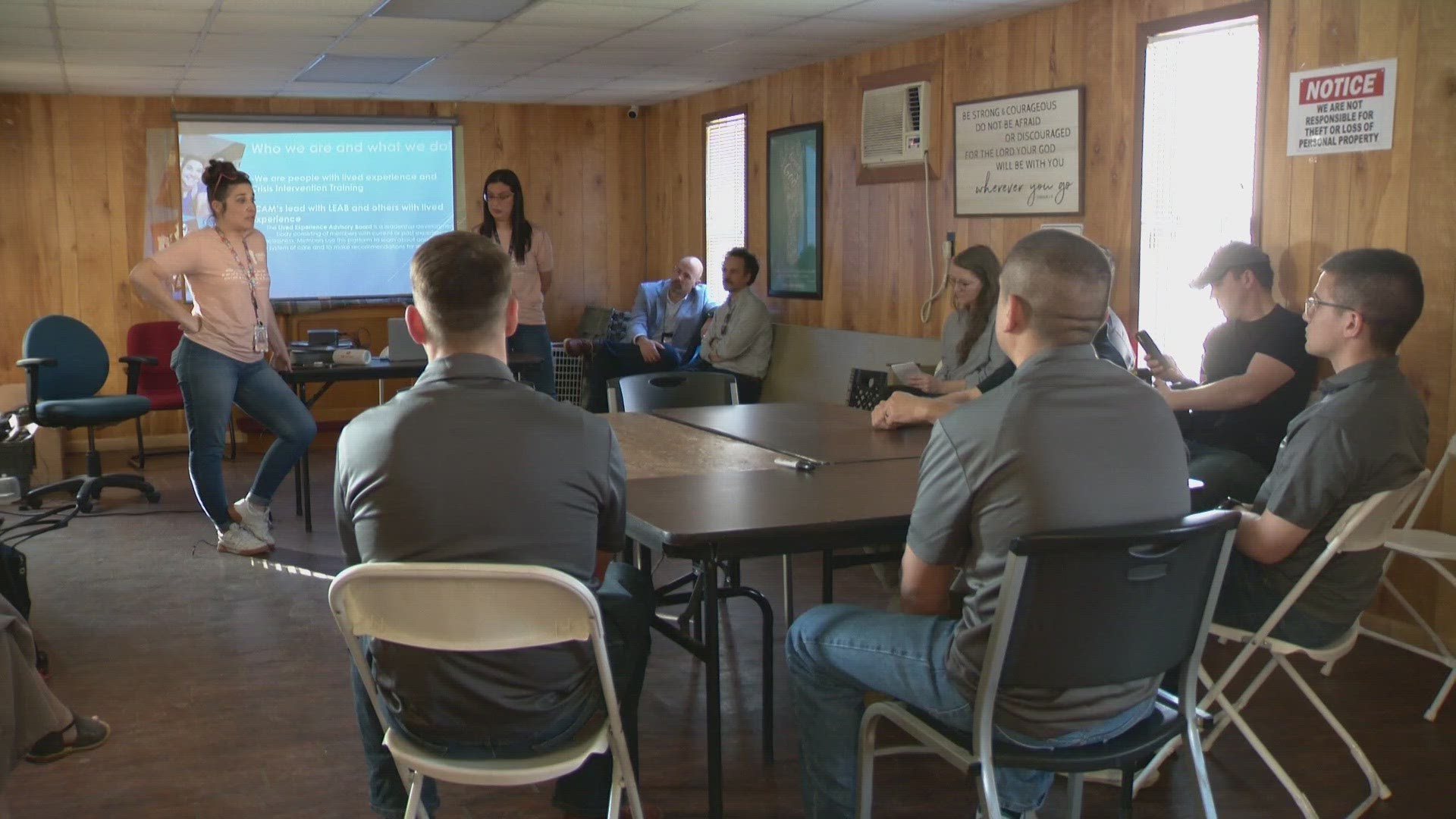SAN ANTONIO — Before they wear the badge, San Antonio police cadets are learning what it means to serve with perspective.
Two years ago, the San Antonio Police Department (SAPD) launched a first-of-its-kind pilot project. The Community Immersion Program (CIP) gives new recruits the opportunity to get to know the people they will soon serve.
“In my experience, the police department has done a fantastic job of self-initiating programs that are helpful to the citizens of San Antonio,” said Community Engagement Officer Joel Pope. “But we can always do better. So, one of the things we realized was, ’We need to go listen.’”
As part of their academy training, cadets spend about two hours a week interacting with the public in a personal way. Sometimes, they play sports with children at the Boys & Girls Club. Other times, they have conversations with people receiving services at faith-based organizations and nonprofits.
“You get to put yourself in their shoes and understand where they are coming from,” said Officer Francisco Javier.
The program aims to improve de-escalation tactics, increase police understanding of community concerns and build trust with law enforcement.
Valerie Narvaez once struggled with alcoholism. Now, she works at Christian Assistance Ministry (CAM). Narvaez told KENS 5 it only took one negative interaction with a police officer for her to create a story in her mind.
“I was crossing the street and there was a man seizing and he needed help,” said Narvaez. “I ran to him and I was trying to help him. Then I heard someone yell at me, ‘Get away from him, he is just an alcoholic!’ I turned around and was completely blown away that it was a fully uniformed officer [talking to me].”
She said CIP has helped her see the good in law enforcement.
“The more I followed them, the more I realized they really do great work behind the scenes,” said Narvaez. “I started telling a very different story.”
SAPD has teamed up with 15 nonprofits and faith-based groups. This allows people in crisis to get help, instead of being transported to a police station.
“It is a huge benefit,” said Narvaez. “It’s a huge systematic change. I hope this turns into a nation-wide thing. I can’t tell you how many times I get calls from police officers where they have to walk away from a situation because there are no options for that person. So, being able to offer options for the person in crisis offers a level of wellness for the officer to walk away and go sleep at night.”

